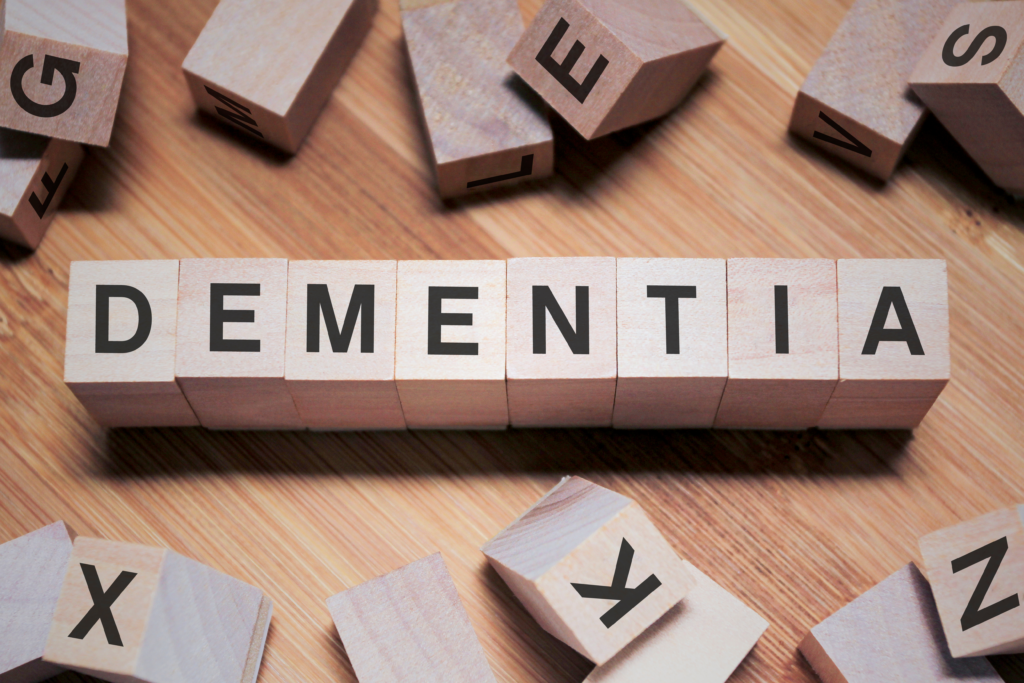
With over 1000 senior care communities in the Phoenix Metro area, it can be challenging to find the right one that fits your needs and preferences. That’s where Valley Senior Advisors comes in. As the premier senior living placement agency in the Greater Phoenix Area, we are here to help you every step of the way in finding the best living arrangement for you or your loved one.
Our network includes the top senior care homes across the Valley, and our Advisors are uniquely qualified to evaluate your care needs. We work with only the best senior care facilities in the area and provide personalized evaluations to ensure you are matched with the right level of care.
The VSA Difference: We Are Your Advocates
We understand that finding the right care is challenging, and you shouldn’t have to do it alone. That’s why our Advisors are Certified Caregivers who provide personalized evaluations to ensure you are matched with the right level of care. We will be your advocate along the way and help you settle into your new home.
Our Process: Simple and Easy
At Valley Senior Advisors, we have a simple and easy process that starts with a phone call or message to schedule an appointment with one of our expert Advisors. During your meeting, we will discuss your situation and preferences, and our Advisor will hand-select the best care options based on your needs. You choose your favorite option, we will handle the details and help you settle into your new home.
The Best Part: Our Services are 100% Free
At Valley Senior Advisors, our services are 100% free, and our Advisors are available for virtual meetings if needed. Finding the right care can be difficult and time-consuming. Let us save you valuable time in your search.
Contact Us
For more information, please contact us by phone at (480) 331-8855, email us at office@valleysenioradvisors.com, or visit our website at valleysenioradvisors.com. We are here to help you find the best senior care options in the Phoenix Metro area.






